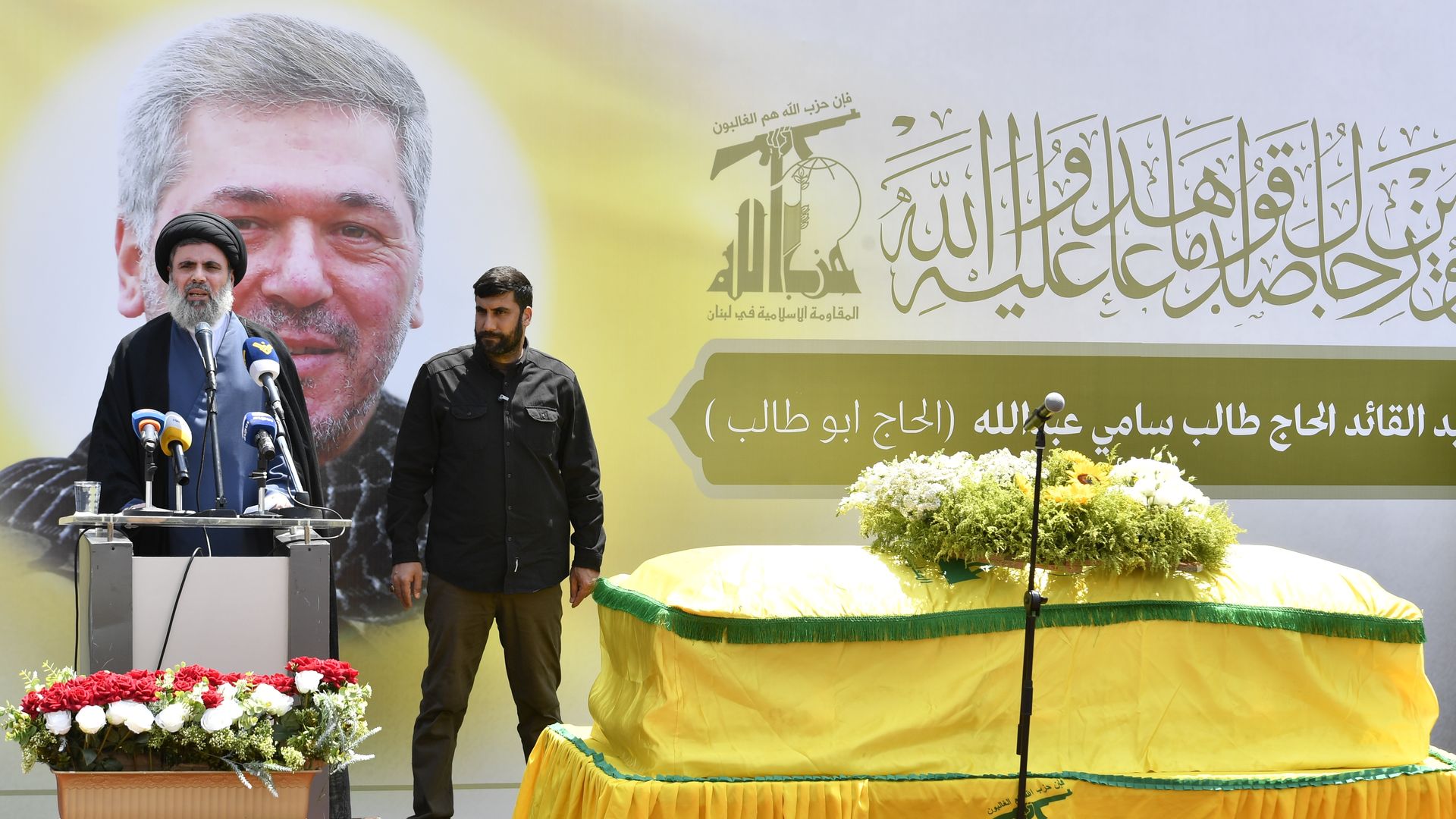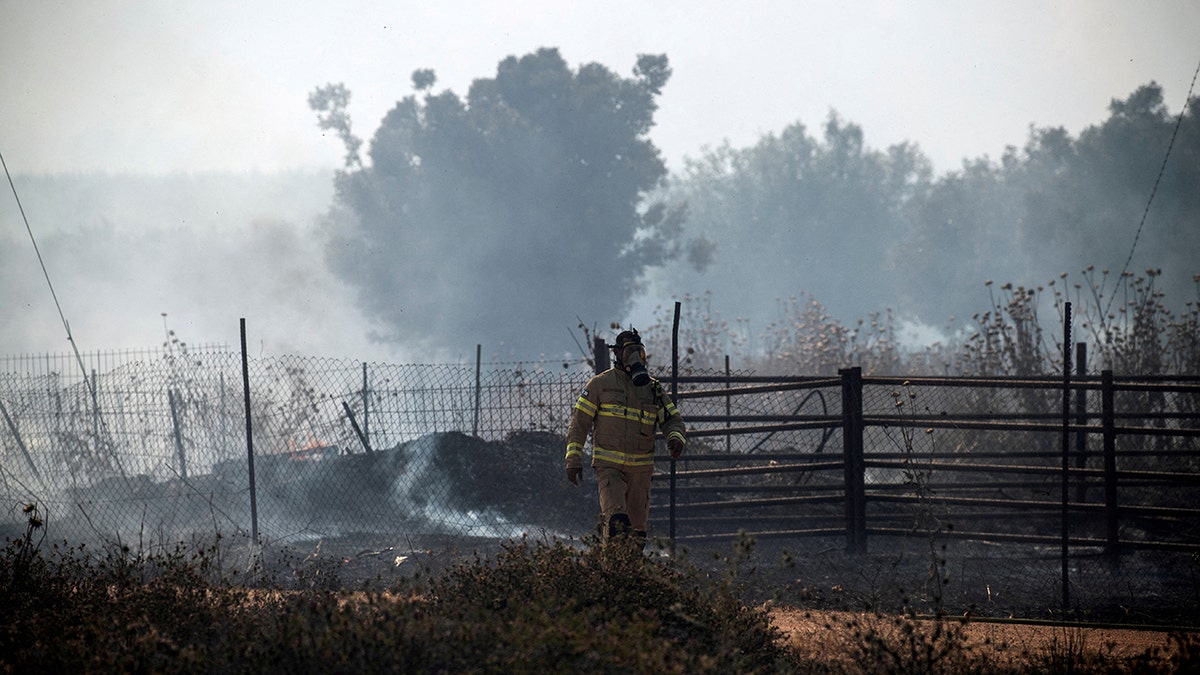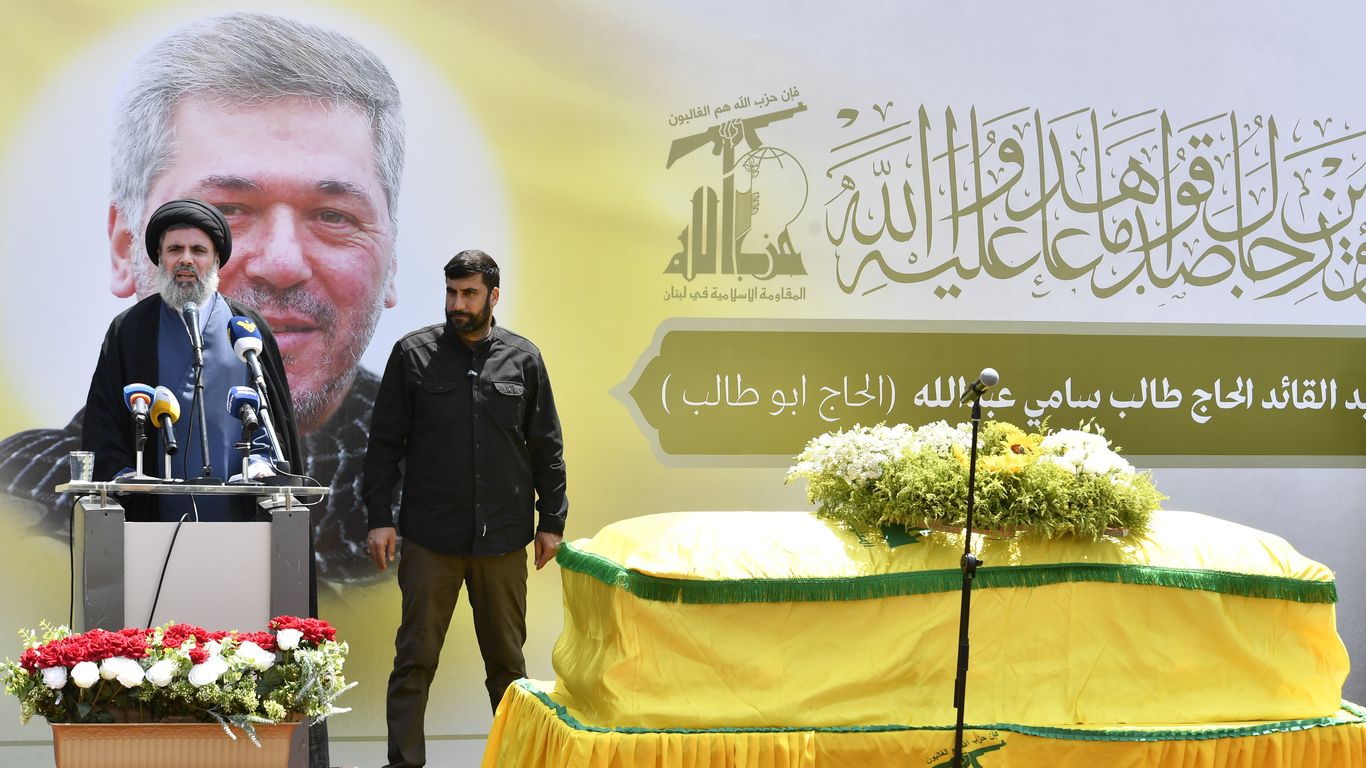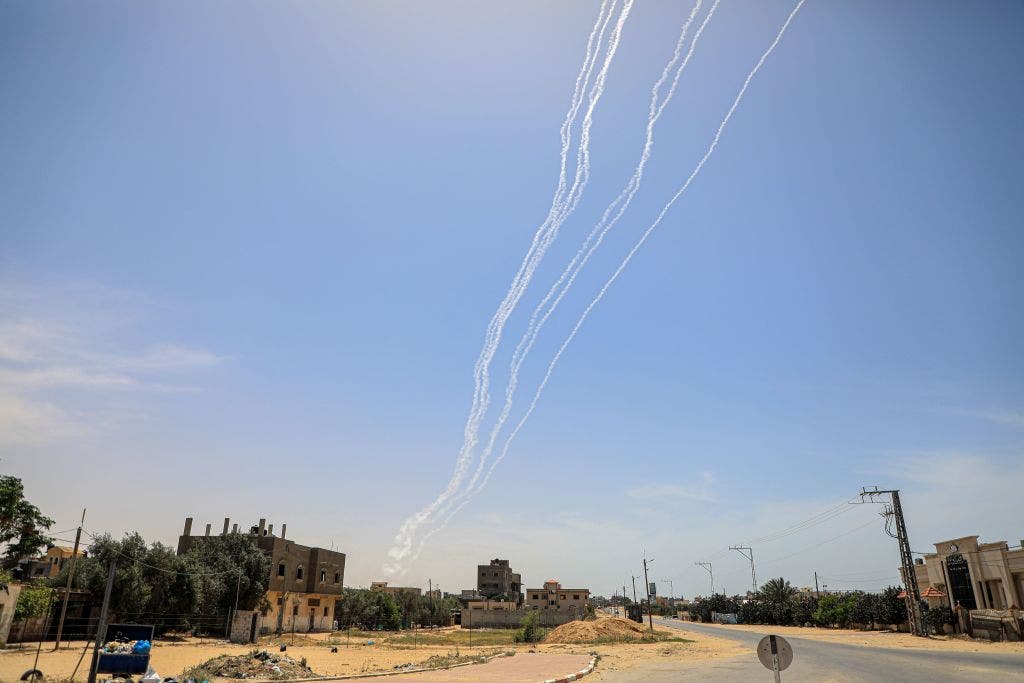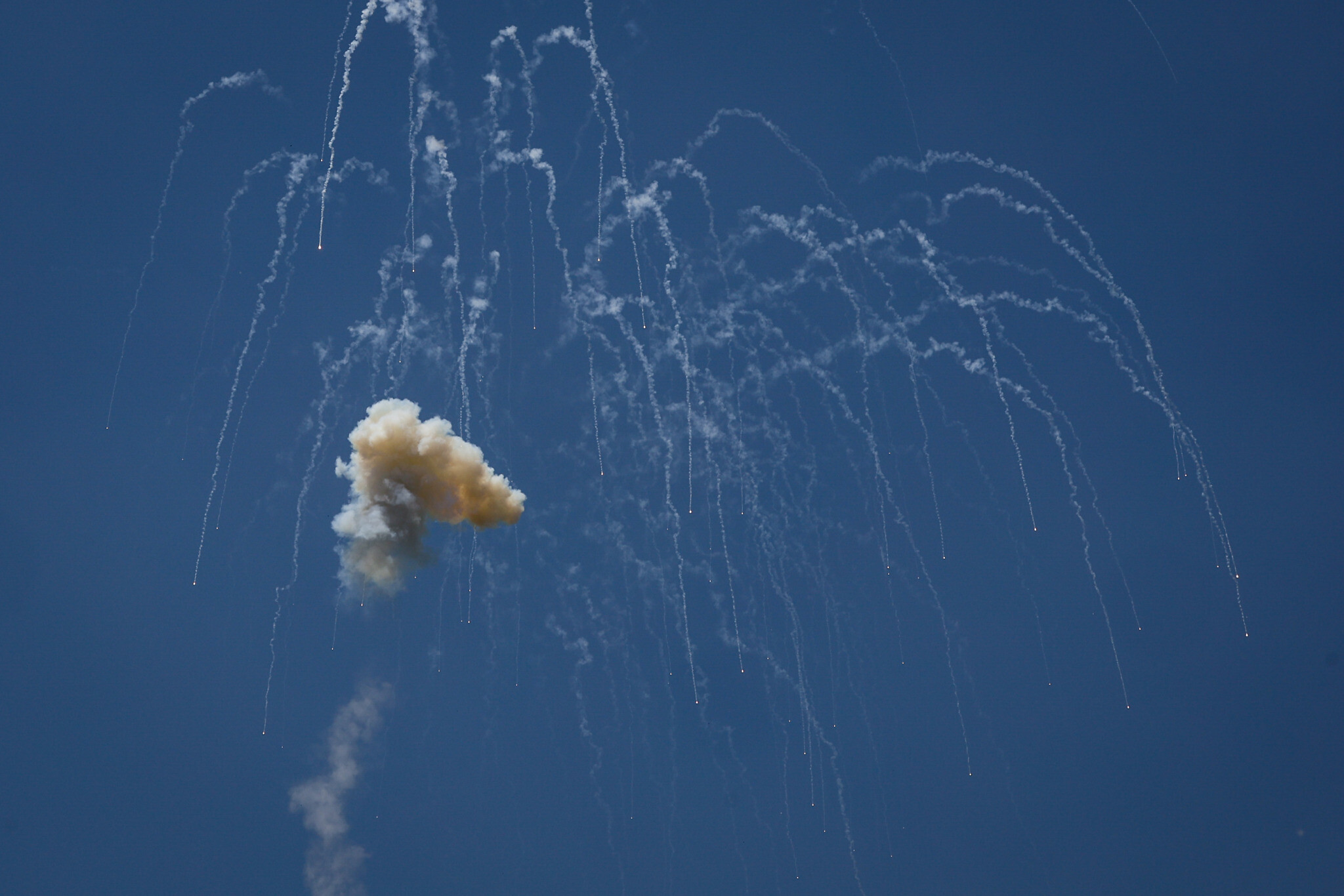
In recent days, tensions between Israel and its neighbors Hezbollah and Lebanon have escalated, leading to concerns of a potential war. According to various sources, Israel holds Hezbollah, Lebanon, and Iran responsible for the deteriorating security situation in the region.
On June 12, 2024, the Biden administration expressed concern over the possibility of a war between Israel and Hezbollah and is working to prevent it. This comes after an Israeli airstrike on June 11 killed a senior Hezbollah commander, Taleb Sami Abdullah.
Abdullah was reportedly the most senior Hezbollah commander killed since October 7, 2023. The attack came in response to ongoing rocket and drone attacks from Hezbollah into Israel.
Israeli forces also struck a Hezbollah command and control center in Jouaiyya, Southern Lebanon, eliminating three additional terrorist operatives. The targeted military complex was identified as a logistical reinforcement unit used to smuggle weapons.
Prime Minister Benjamin Netanyahu has threatened a full-scale war with Hezbollah if it continues its attacks on Israel. However, Israeli politicians are under pressure to push back against Hezbollah before civilians can safely return to the border areas.
It is important to note that there have been conflicting reports regarding the number of deaths and injuries caused by these attacks. While some sources report over 300 Hezbollah members and over 70 civilians killed, others report only a few casualties on both sides.
The situation in Gaza also remains volatile, with a ceasefire between Israel and Hamas seemingly imminent. However, the escalating tensions with Hezbollah in Lebanon could complicate efforts to reach a lasting peace in the region.
It is crucial for all parties involved to exercise restraint and engage in diplomatic efforts to resolve these conflicts peacefully. The potential consequences of a war between Israel and its neighbors could be catastrophic, both for the people living in the affected areas and for regional stability.
